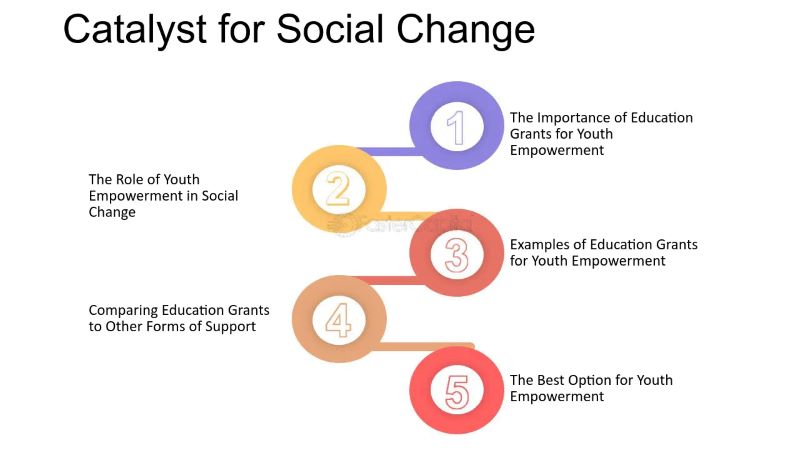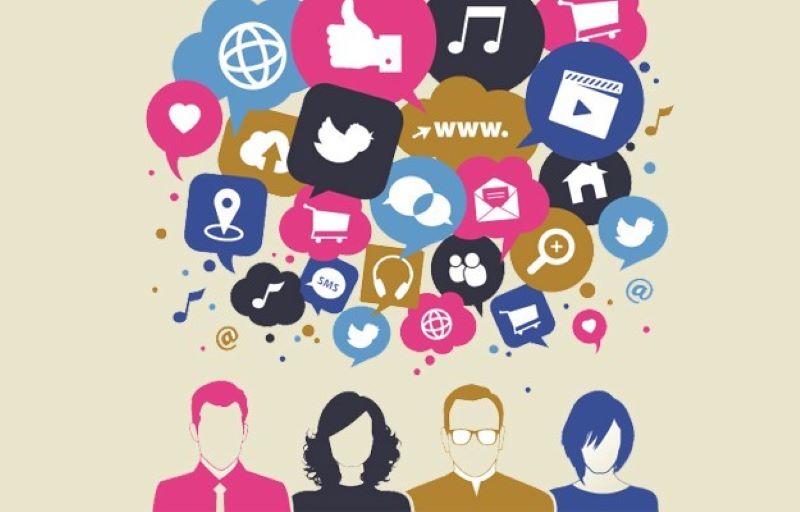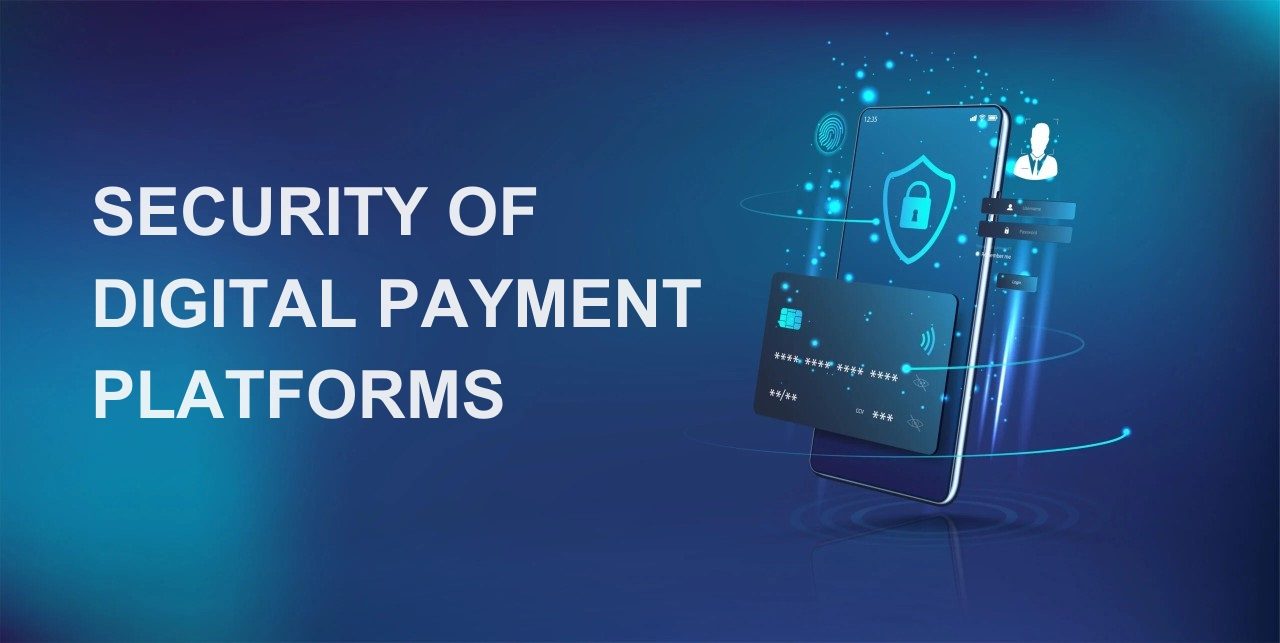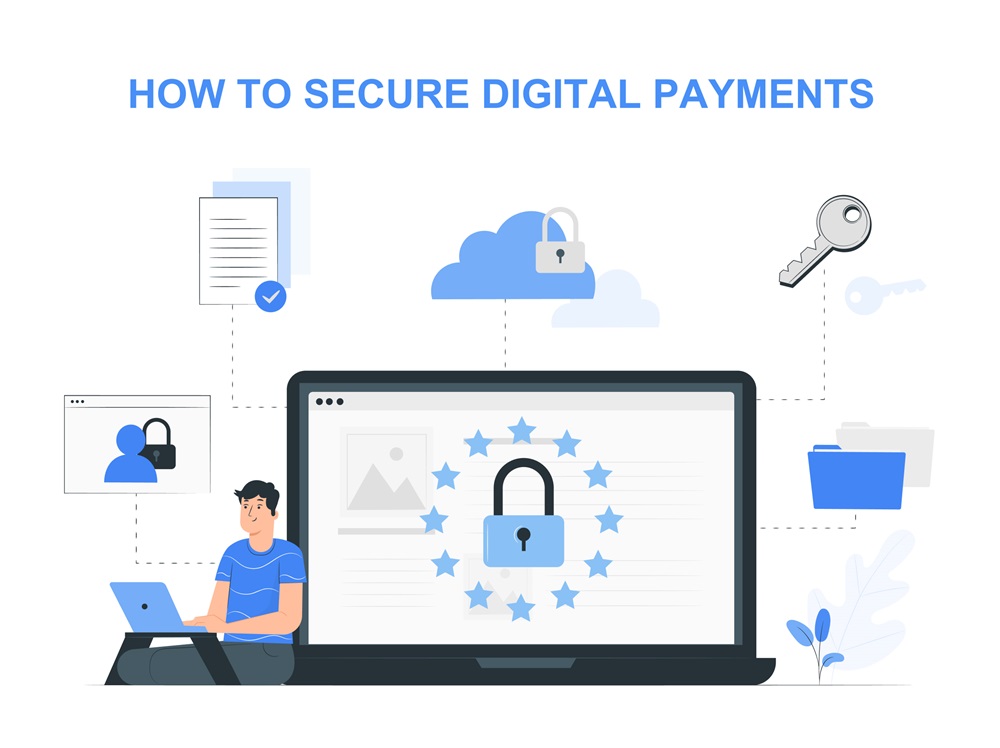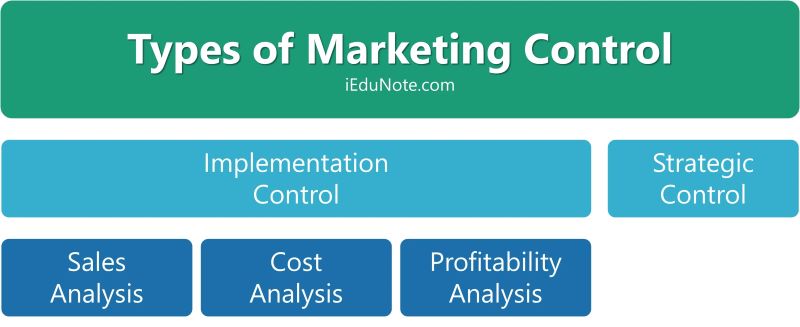How Digital Platforms Are Revolutionizing Our Social Fabric
Picture a world where every click shapes our future. That’s the power of how digital platforms are changing society today. From the chats that spark movements to the hashtags that unite us across continents, digital platforms weave the threads of our modern social fabric. They twist norms, tear down barriers, and sometimes, tape back the pieces in new forms. It’s a landscape where likes influence behavior and followers amplify voices. Let’s dive into this digital revolution and discover how our very essence of connection transforms before our eyes.
The Societal Impact of Social Media and Online Platforms
How Social Networks Shape Human Behavior
Every day, we click, like, share, and comment. This simple online routine affects real lives. We often chat with friends through screens more than face-to-face. It has changed how we connect. On social media, we can talk with others far away. We can join groups that like what we like. This connection makes us feel part of big groups, called communities. But does it change us?
Yes, our online actions shape our behavior. If our friends like something, we might too. This is called peer influence. Because we see it online, we learn new things from each other. Over time, this molds who we are.
The key here is frequency. If we use social media a lot, it plays a big role. We get news from it, which shapes our views. We also learn what is normal or not. This affects how we act, online and offline. We might try to look or act in ways that get likes. Sometimes, this changes how we see ourselves.
Virtual Communities as Catalysts for Social Change
Online groups can start big changes. These are called virtual communities. They are key to how ideas spread fast today. Take hashtags. They can push for change by building movements. They show that many people care about an issue. This makes others notice. Then, real-world actions might start.
A strong community online can support people who need help. It can offer kind words, advice, or even money. It can also fight for something, like cleaner parks. If one person shares a good idea, the group can help them do more. This is how small actions grow into big movements.
Take the Ice Bucket Challenge. It started small but then blew up. It had people all over dumping ice water on their heads. Why? To raise awareness and money for a disease called ALS. Everyone saw their friends doing this. They wanted to join in. So they did the challenge and gave money too. It was a wild success. It made people come together online for a good cause.
In these ways, social media and the internet are knotting our social fabric in new ways. They’re changing how we act, think, and connect. It has its ups and downs. Yet, there’s no doubt it’s powerful. It tells a story of a new world where everyone can chip in. Whether we tweet support or fund a dream, we’re part of a larger digital dance. It’s shaping society, one click at a time.
Digital Transformation and Its Effects on Daily Life
E-Commerce and the Evolution of Consumer Habits
E-commerce has turned shopping on its head. It used to be all about going to stores. Now, we buy things with a click. This shift is huge. People now favor comfort, speed, and ease over all else. You can order a couch or dinner and it comes right to your door. How handy is that?
Online platforms offer many choices and quick price checks. You can search for what you need and find the best deals in no time. Saving money and getting what you want is easier than ever. But it’s not all perfect. Local shops suffer as big web stores grow.
Are we losing the special parts of our towns and cities? You bet. We must balance online ease and keeping our local spots alive.
Information access online means more informed buyers. People read up before they spend money. They look at reviews and ask friends online. This change in habits has made shoppers smarter and choosier.
But we can’t forget about data safety when buying online. We need to know who has our personal details. We also have to think about our screen time. Are we glued to our devices? It might change how we think and feel.
Digital Communication’s Influence on Personal Relationships
Texts and social media have changed how we talk to each other. We’re more connected than ever before. You can chat with someone far away just like they’re next door. But do we lose something when we can’t see a face or hear a voice?
Our friendships and family ties have moved online a lot. We share news and laughs over the web. Sometimes though, this can hurt our real-life hangouts. Ever been with friends but everyone is just looking at their phones? It’s like we’re together, but alone at the same time.
We must be smart about our screen use. We should make time for people without phones and laptops in the way. This keeps our relationships solid and healthy.
Do you think deep chats can happen over texts? Many would say no. So much of talking is about seeing and hearing. We lose this when we only text.
Online friends are nice but we need to focus on close friends and family too. They’re our rock when things get tough.
Some folks have jobs online because of digital changes. They chat with co-workers they have never met. This is cool but comes with challenges. It can be hard to feel part of a team when you’re always online and never face-to-face.
Tech has reshaped how we live in many ways. Shopping, talking, and working have all flipped. We get many perks, but there are things to look out for. As we plug into the digital world, let’s not forget about the world right in front of us.
The Rise of Concerns in the Digital Age
Data Privacy and the User’s Right to Information
Every click we make online tells a story about us. Think about the last thing you searched for, the apps you use, or the posts you liked. They all add up, shaping a digital you. But here’s the twist: tech companies hold this data. What does that mean for us? It’s about who knows what we do, and who gets to use it. We’re talking about data privacy. It’s a big deal, and it should be. Yet, often, we don’t know how much info we’re giving away. How can we know who has our data or what they do with it?
One way we keep control is by knowing our rights. Laws like GDPR in Europe help by making sure companies tell us what they do with our info. These laws give us the power to see our data, fix it, or even tell companies to stop using it. It’s about being the boss of our info.
Screen Time and Its Implications for Mental Health
Now let’s chat about screens. How much time do you spend staring at one? From smartphones to computers, they’re everywhere. We work, play, and socialize with them. But is it all good? Here’s where it gets tricky. While screens help us in tons of ways, too much time with them can be rough on our minds. It’s like when you eat too much candy; it’s great at first, but then you feel sick.
Experts are seeing that too much screen time might make us feel down or anxious. Especially for kids or teens, it can be even harder on them. It’s not just about feeling blue, though. It can also mess with how we sleep, which changes how we feel the next day.
What do we do about it? Balance is key. We can enjoy screens because they’re part of life, but we also need to unplug sometimes. Get outside, hang with friends in person, or just take breaks. It’s like finding the right mix of foods in your diet. A little of everything keeps you feeling good.
Remember, these fancy tools like phones and laptops? They’re only cool if they help us, not hurt us. We take care of our toys, and it’s high time we take care of us too. By tackling data privacy and screen time, we’re on our way to a healthier digital life.
The Future of Technology and Social Interaction
Artificial Intelligence and Ethical Considerations
Artificial intelligence shapes our world in big ways. It helps cars drive themselves and makes talking to our phones possible. But it also throws up big questions about what’s right and wrong. For example, should a robot decide who gets a job? Or what news we see online? We have to think hard about these things.
AI can be like a helpful friend who knows a lot, but sometimes it makes mistakes. It’s made by people, and sometimes it can be unfair, just like people can. We all need to learn about AI so we can use it the best way.
The Gig Economy’s Impact on the Job Market
The gig economy is a fancy term for jobs where people work as they want without a full-time boss. This way of working has shot up, all thanks to online apps and platforms. It can be food delivery, driving folks around, or doing tasks for others. It sounds cool, right? But it’s not all fun.
While it’s great to pick your hours, these jobs don’t always offer things like sick days or health care. Some folks love the freedom, but others miss the steady stuff old jobs had. It’s like a double-edged sword. It gives with one hand, takes with the other.
These changes are huge, and they’re happening all around us. Whether it’s the smart AI helping doctors spot sickness or the quick food drop-off at your door, we’re all part of this big shift. What matters most is making sure these tech tricks help us all, not just a few. We’ve got to keep our eyes open and make smart choices about how we let these new tools into our lives.
In this post, we explored how social media shapes our actions and sparks social change. We saw how buying things online changes what we buy and how we talk to each other. Then, we talked about serious stuff like keeping our info safe and how looking at screens a lot can mess with our heads. Lastly, we looked ahead at how smart machines will make us think about what’s right and wrong, and how different jobs will be in the future.
Here’s my last thought: tech is huge in our lives, and it’s not all good or bad. It’s up to us to use it in smart ways. We’ve got to be careful with our private stuff and not let screens take over. Let’s use tech to make things better for all of us, okay? Let’s be ready for new jobs and stay smart about the machines around us. Use tech, don’t let it use you!
Q&A :
How are digital platforms impacting social interactions?
Digital platforms have revolutionized the way individuals connect and communicate. With the rise of social media, messaging apps, and video conferencing tools, people can interact with friends, family, and colleagues across the globe in real-time. While this has made communication more accessible and immediate, it has also affected face-to-face interactions and the quality of social engagements. Concerns about decreased physical socialization and an over-reliance on digital communication have become topical as society navigates this digital transformation.
What role do digital platforms play in shaping public opinion?
The dissemination of information through digital platforms has a significant impact on public opinion. These platforms often serve as primary news sources and are instrumental in framing narratives around social, political, and economic issues. User-generated content and algorithms can amplify specific viewpoints, sometimes without thorough fact-checking, which can sway public sentiment. The echo chamber effect, where users are exposed primarily to information that reinforces their existing beliefs, is a key factor in how digital platforms mold opinions.
How are businesses adapting to changes brought about by digital platforms?
Digital platforms have prompted businesses to adapt by embracing e-commerce, digital marketing, and online customer service tools. Companies are now focusing on creating an online presence, utilizing data analytics for targeted advertising, and engaging with customers through social media. The shift towards digital platforms has led to changes in business models, with an increased emphasis on digital skills and innovation to stay competitive in the ever-evolving online marketplace.
In what ways are digital platforms affecting the job market and employment?
The proliferation of digital platforms has redefined the job market, with a growing number of remote work opportunities and the rise of the gig economy. Platforms like LinkedIn, Indeed, and freelance marketplaces have changed how people seek employment and how employers find talent. Digital skills are now more in demand, and the ability to work with digital technology is becoming a prerequisite in many fields. At the same time, automation and AI introduced through digital platforms are reshaping job requirements and availability.
Can digital platforms contribute to educational development?
Yes, digital platforms play a pivotal role in educational development by providing access to online courses, virtual classrooms, and a wealth of information and educational resources. E-learning platforms like Coursera, Khan Academy, and edX offer courses from institutions around the world, making education more accessible and flexible. Additionally, digital platforms facilitate collaborative learning and enable educators to employ innovative teaching methods, thus contributing to continuous education and skill development for individuals globally.


